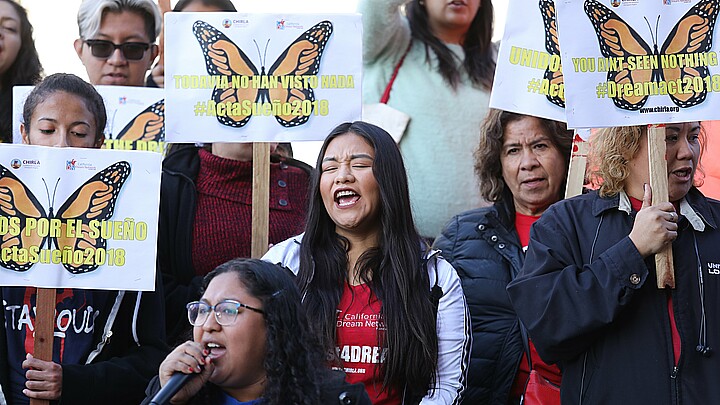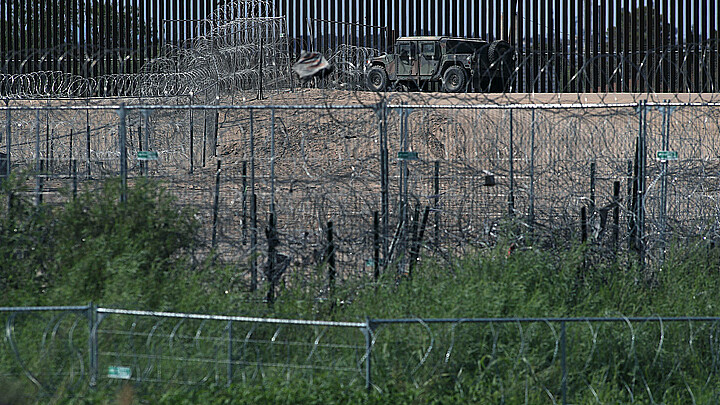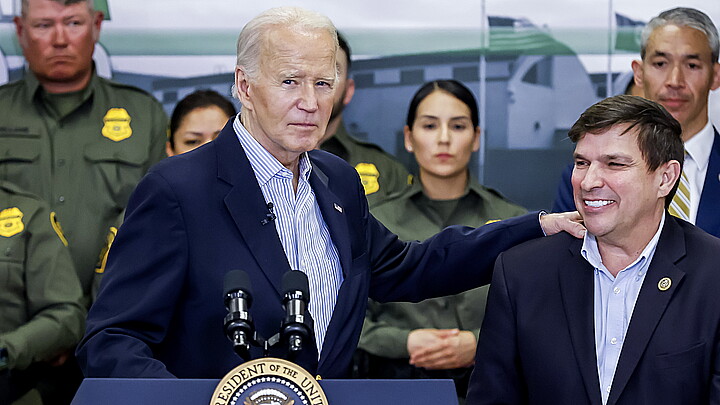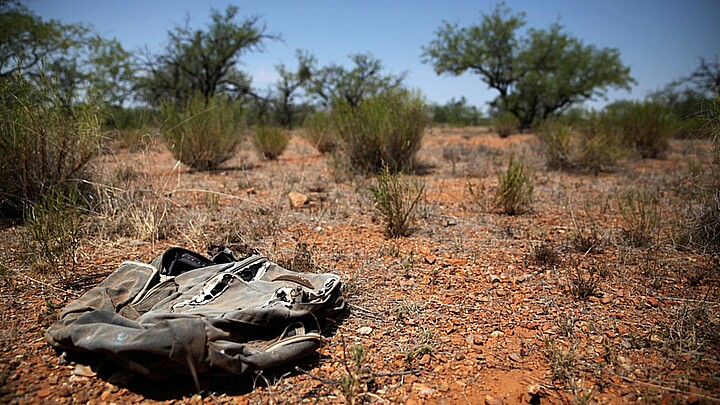Immigration
DACA battle ensues as states argue Biden abused power by codifying program as federal regulation
Republican states say the new codification is illegal while lawyers defending DACA recipients said the matter should not be in court
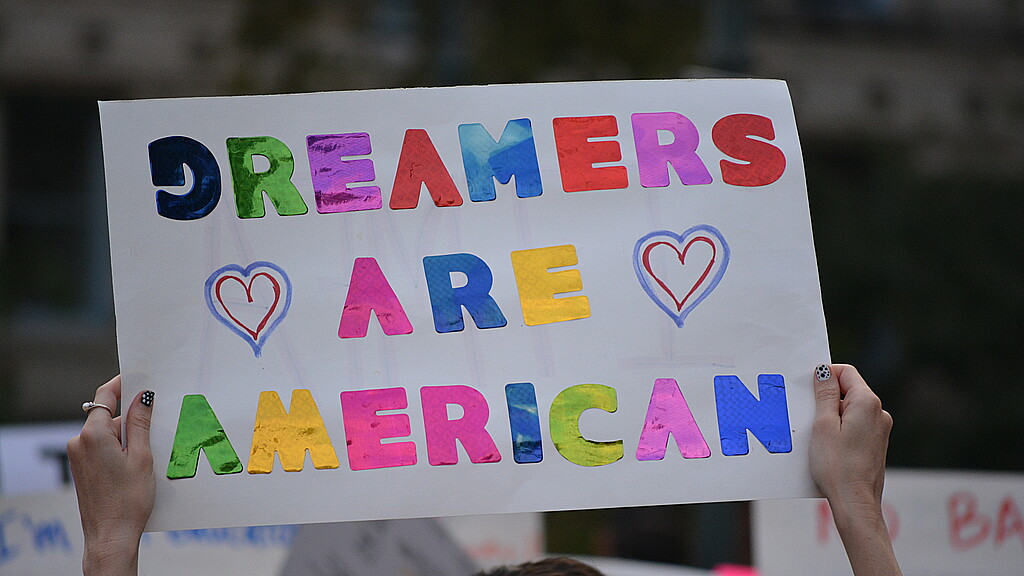
June 2, 2023 9:03am
Updated: June 2, 2023 9:22am
Lawyers representing those migrants covered by the Deferred Action for Childhood Arrivals program, (DACA), also known as "Dreamers," argued its legality before a court in Texas on Thursday.
The U.S. District Court judge who heard the arguments, Andrew Hanen, is the same finder of fact who ruled DACA unlawful in 2021, a move that shut the program down for new applicants.
At that time, Hanen ruled the Obama administration neglected to comply with U.S. administrative rules when it launched the program by executive order in 2012. The program protects specific young people who came to the U.S. as children to work and study from deportation.
But now the program is facing another legal review, and ironically, by Hanen after the case was remanded back to his court.
Attorneys representing some DACA litigants say the case was sent to Hanen to consider a rule recently implemented by the Bide administration that codified the program as a federal regulation, the effect of which would give it more legal cover.
Nina Perales, vice president of litigation for the Mexican American Legal Defense and Educational Fund and a lawyer defending DACA recipients in a legal challenge brought against the program by the State of Texas and other states, said the matter should not be in court, however.
Perales said the nine states suing to end DACA “lack standing to sue,” in a news conference heard outside the Texas federal courthouse on Thursday afternoon. She argued the nine states suing have failed to prove that DACA has proven any concrete harm or injury to the states, a requirement to prove “standing” under the Supreme Court’s touchstone “Lujan” standard.
That standard arose from the famous 1992 Lujan v. Defenders of Wildlife case.
“We should not be in court, at all, having to defend DACA,” Perales told a cache of reporters.
The states that sued are Alabama, Arkansas, Kansas, Louisiana, Mississippi Nebraska, South Carolina, Texas, West Virginia.
Those states argued that the new, codified version of the program is essentially the same as the 2012 executive order that first created it, and therefore remains “unlawful and unconstitutional,” according to court filings.
The states also argued that the Biden administration abused its executive authority by granting immigration benefits that should be decided by Congress under Article I of the Constitution.
Perales and her team argued DACA is legal however, because it's the result of "a lawful exercise of executive discretion over immigration."
“DACA is also consistent with other policies the U.S. government has implemented in the past that provide deportation relief in exchange of permission to work," Perales said in a phone call with reporters Tuesday.
Currently, there are more than 580,000 DACA recipients living in the United States, many of whom were born in Latin America and Mexico.
The typical DACA recipient ranges from ages 26 to 28, according to Gaby Pacheco of The Dream.US, an organization helping DACA recipients and other migrants go to college.
“They have more to lose now because many of them are already 10 years in the workforce, they have careers, they have families," Pacheco said in the call with journalists.
If Hanen's ruling is appealed by either side, it will most likely end up before the U.S. Supreme Court for a third time. The current balance of the court is 6 conservative justices and the 3 liberal justices, but jurists have been known to surprise the nation at times depending on the issue they are voting on.


